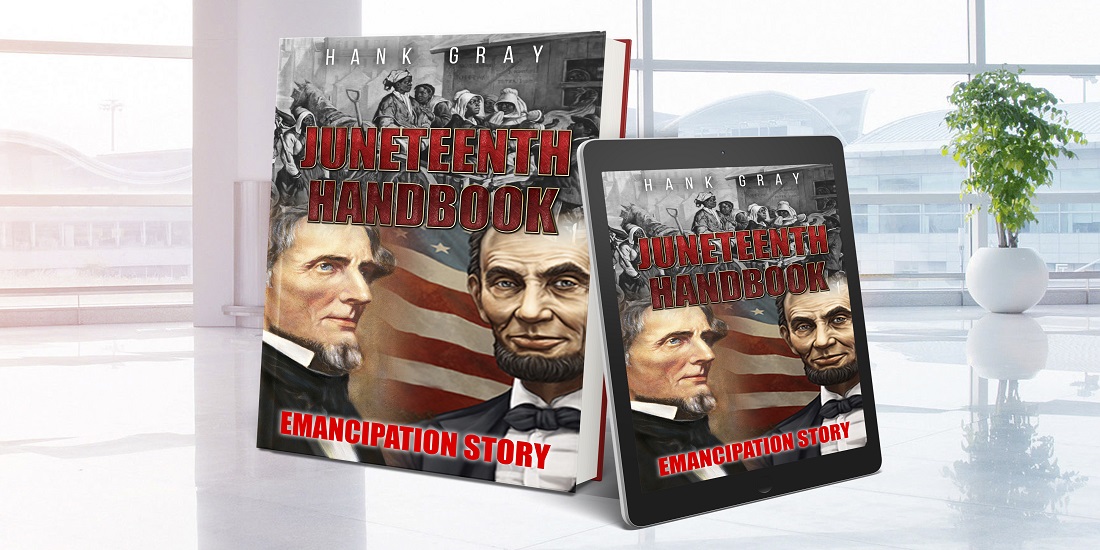In my studies of the abolitionist Frederick Douglass has always
stood out to me because of his interaction and contentious relationship with
Abraham Lincoln. Before the civil war, both Lincoln and Douglass traveled the
country speaking about the effects of slavery on the nation. Frederick
Douglass, in my opinion, was more to the point and backed by white abolitionist
spoke about the total abolishment of slavery. Abraham Lincoln, on the other
hand, seemed to take the more political approach which forced him to walk the
line between slavery, and the total abolishment of slavery a situation that
endeared him to neither side of the argument. For those in favor of abolition
Lincoln's words were not strong enough, and for those in favor of slavery, his
words lacked the confidence of a true conviction to preserving the institution
of slavery in America.
One side wanted to see slavery abolished, over with and gone. The
other side not only wanted to preserve slavery but also wanted to expand
slavery into new territories. Frederick Douglass himself was surprised that the
south would choose secession. From what he had heard of Lincoln's speeches he
had come to the conclusion that the institution of slavery would be safe with
the political appeasement and seeming desire to please both sides of the
slavery argument that came from Lincoln's address to the crowds.
Being direct in the political arena meant choosing a side, and
choosing a side made it clear where you stood. Neither the abolitionist nor the
southern Democrats had a problem with that because they were in total
opposition to each other. Douglass understood that even if Lincoln was elected
president the slave killing pledges and slave hunting would continue, it was
after all the law, and while Lincoln might be in favor of changing those laws
once in office he would still have to support and carry out those laws until,
if or when, the laws were changed.
So to Douglass, it was simple Lincoln is at heart a politician and
while some things might change with the election of Abraham Lincoln, the major
issue that drove Frederick Douglass, the complete and total abolition of
slavery, would basically stay the same. Frederick Douglass did not see Abraham
Lincoln as an ally to the abolitionist, not a very reliable one anyway, in
Frederick Douglass' mind only the total emancipation of the African Americans
as the only path to a lasting peace.
In December of that year (1860) word reached Washington that
Charleston, South Carolina had formally terminated its relationship with
the Union of states. Not since the ratification of the Constitution
seventy-two years earlier had this country faced such a crisis; and things went
from bad to worse, there was no internet back then but telegraph offices
all over this nation coming apart at the seams constantly turn out news of
states leaving the Union, I believe the secession of southern states from the
union changed Lincoln's calculus. (To be continued)



No comments:
Post a Comment